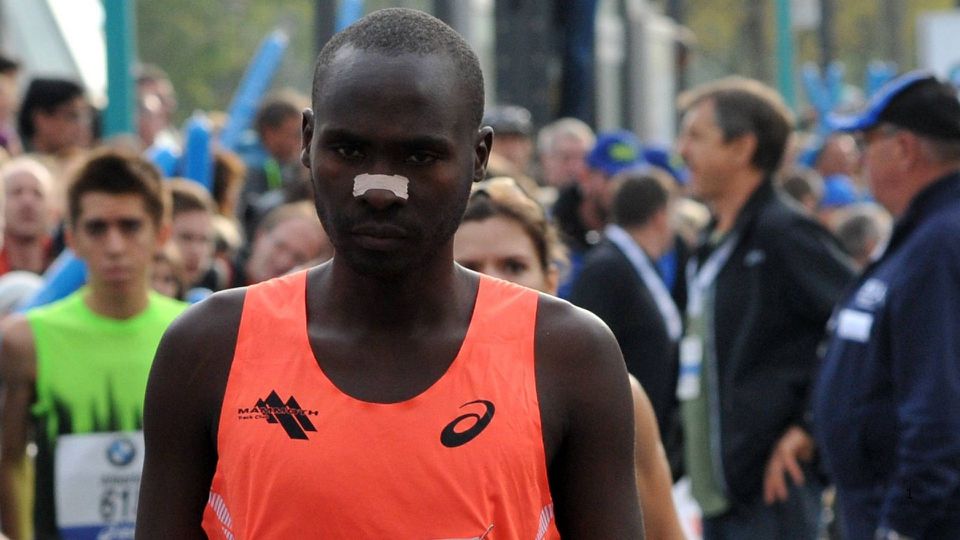The United States has been thrust into the global doping spotlight after a third high-profile athlete received a suspension this month, raising fresh concerns about performance-enhancing drug use in athletics.
Marathon runner Shadrack Biwott has been handed a four-year ban after testing positive for erythropoietin (EPO), a banned endurance-boosting substance. The 40-year-old athlete, who previously represented the US in major international races, was tested just days before the 2024 Olympic Marathon Trials in Orlando, Florida. He failed to finish that race after dropping out at the 15-mile mark, but his test results soon revealed the bigger issue.
After his initial sample tested positive, Biwott requested a B sample analysis, which also confirmed the presence of EPO. The investigation into his case took nearly 18 months due to his challenge of the test’s validity, but independent scientific reviews upheld the laboratory findings. His four-year suspension is retroactive to February 23, 2024, the date when his provisional ban began, and will run until 2028. All of his results, medals, and prize money from January 25, 2024, onwards have been annulled.
EPO is one of the most notorious substances on the World Anti-Doping Agency’s prohibited list because it increases the body’s oxygen-carrying capacity, enhancing stamina and endurance vital qualities in long-distance running. Its use has been at the center of several high-profile doping scandals in athletics and cycling.
Biwott’s suspension marks the third major doping case to hit US athletics this month alone. Earlier in August, sprinter Marvin Bracy-Williams and former world 100m champion Fred Kerley were provisionally suspended for separate anti-doping rule violations. These back-to-back cases have fueled debate about whether the country’s testing systems and educational programs are doing enough to deter athletes from seeking illegal performance advantages.
The spate of suspensions has also intensified calls from within the sport for harsher penalties. Several athletes have argued that repeat offenders and high-level cheats should face lifetime bans rather than temporary suspensions that still allow them to make a comeback. With Biwott set to return at the age of 43, his case also raises questions about the long-term deterrent effect of current sanctions.
The recent developments place American athletics under increasing scrutiny as global anti-doping bodies push for greater accountability, transparency, and fair competition.

